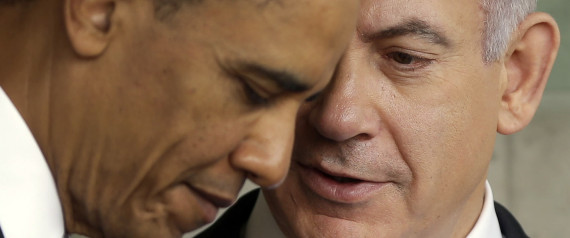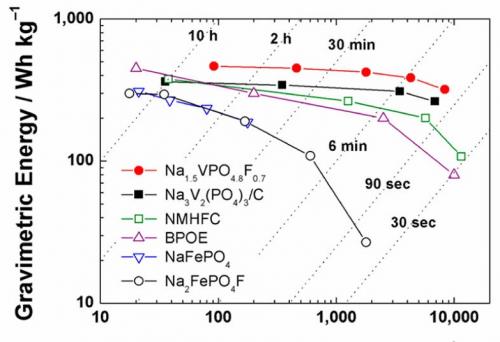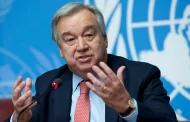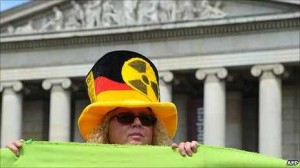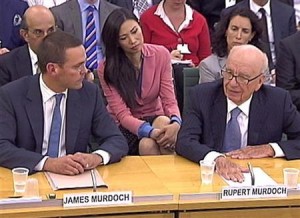Obama administration makes behind-the-scenes effort to convince Jerusalem it’s still wary of Iran’s nuclear intentions
Even as President Barack Obama and Iranian President Hasan Rouhani exchanged letters and Obama indicated a readiness to engage with the new president, mulling a possible meeting at the UN General Assembly in New York next week, US administration officials were staying in close contact with their counterparts in Jerusalem on less visible diplomatic channels.
Administration officials have had several conversations with their Israeli counterparts recently to assure them that Rouhani’s outreach — which has seen the new Iranian president give a US TV interview, pen an op-ed in the Washington Post, and send other conciliatory messages to the US — will not prompt a reduction in sanctions pressure designed to thwart Iran’s nuclear drive, Israel’s Channel 2 reported on Friday night.
According to a report in the New York Times, American officials held private talks with Israeli officials to reassure them that the United States remained wary of Iran’s intentions regarding its nuclear program and would proceed cautiously in its dealings with Tehran.
The officials said they would judge Rouhani by his actions, not his diplomatic rhetoric signaling a willingness to agree to increased engagement with the West over the nuclear issue, the Times report said. However, the officials also said Washington has an obligation to test whether Rouhani’s statements are genuine.
“We certainly recognize and appreciate Israel’s significant concerns about Iran, given the threats that have been made against Israel and the outrageous comments that have come out of Iran for many years about Israel,” The New York Times quoted deputy national security adviser Benjamin J. Rhodes as saying Friday.
“There’s not an open-ended window for diplomacy, but we do believe there is time and space for diplomacy,” Rhodes was quoted as saying.
Jerusalem Center for Public Affairs and former Netanyahu aide Dore Gold said key differences remained in the two countries’ outlook. “Israel is clearly focused on Iranian action, and the messages in Washington seem more hopeful about Iranian intentions,” he told the Times.
Prime Minister Benjamin Netanyahu strongly condemned Iran on Thursday, saying the world must not be deceived by the moderate statements made by the recently elected Iranian president.
In response to an NBC interview with Rouhani broadcast Wednesday, Netanyahu said that the Iranians were “continuing to deceive so that the centrifuges continue spinning. The real test lies in the Iranian regime’s actions, not words.”
President Shimon Peres was more upbeat, however. “The sanctions are doing their job and are influencing the leadership in Iran,” Peres stated during a meeting with his Ukrainian counterpart, Viktor Yanukovych in Jerusalem on Friday. “I hope we are hearing a new voice coming from [Tehran],” he said.
In the interview, Rouhani said that his country has never sought and will never seek a nuclear bomb, that Iran does “not seek war with any country,” and that he has full authority to resolve the nuclear standoff with the West.
Rouhani also said that Israel is a nation that “does injustice to the people of the Middle East and has brought instability to the region with its war-mongering policies.”
Netanyahu blasted the Iranian president for that comment, saying that “Iran sends its people to massacre innocent civilians in Syria and encourages terror around the world.”
@tecHead







